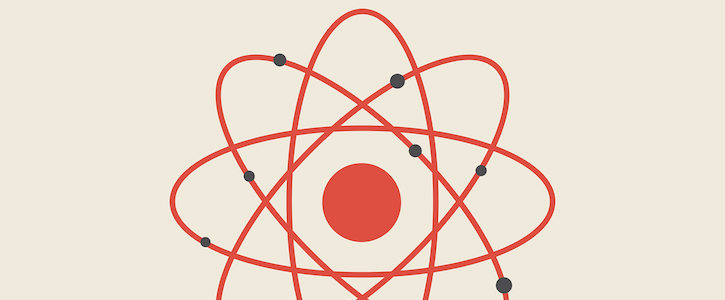Machine Learning Could Boost Feasibility of Neutron Imaging
Neutron tomography is time consuming but highly accurate.

A new study demonstrates how an artificial neural network approach can make an often impractical imaging technology much more feasible.
Neutron tomography is a well-established imaging technique that allows users to see the inner structure of the subject of the scan. Similar to a CT scan or an X-ray, the technology can be used in a wide variety of fields, including plant biology and archaeology. In a medical context, the technology has been used to scan structures like bones and teeth. A 2018 study suggested that improvements in the performance of neutron imaging could make it a more versatile tool for a variety of industries, including healthcare.
The technology works by acquiring images of the subject at various angles, and eventually rendering a 3D picture of the image. However, neutron tomography comes with one major drawback.
“(Neutron tomography) is a useful tool for evaluating the structural integrity of objects, but it is time consuming and therefore not feasible to scan large quantities of similar samples, such as in quality check systems,” wrote Davide Micieli, Ph.D., of the University of Calabria, Italy, in the new study.
Micieli and colleagues wanted to find out if machine learning could be leveraged to cut the time it takes to perform the scans. They decided to explore whether an algorithm could enable them to take fewer scans and use machine learning to fill in the blanks, thus reducing the number of hours required for neutron tomography.
They tested an approach called neural network filtered back-projection (NN-FBN), using a combination of neutron tomography scans and reconstruction algorithms. The researchers used their system to scan and reconstruct a short segment of pipe that contained ridges on one side and a notch on the other. They found the system beat out existing methods and came with additional advantages.
“We conclude that the NN-FBP can reliably reduce scan time, reconstruction time and data storage providing high image quality for sparse-view NT,” Micieli and colleagues wrote.
They found that by training an algorithm using a more comprehensive set of scans, the algorithm can then effectively be used to reconstruct images using fewer neutron tomography scans.
But reconstructions are only accurate if the materials in the subject are the same as the materials used in the training scans.
“When this prerequisite is satisfied, the NN-FBP method is able to reconstruct accurately objects with different shape and size of the training samples,” the authors said.
In fact, Micieli and colleagues suggest the necessary number of scans can be reduced by two-thirds.
“We think that the NN-FBP could be improved by using deeper networks with the aim of learning more features of the sample,” they wrote. “Deep learning and machine learning in general are promising and innovative approaches for image reconstruction.”
The study is titled, “Accelerating Neutron Tomography experiments through Artificial Neural Network based reconstruction.” It was published in February in Scientific Reports.
Navigate the digital transformation with confidence. Register for our newsletter.
Dive Deeper
eHealth Exchange and InterSystems Partner to Reduce Data Sharing Expense
Like Self-Driving Cars, Healthcare Must Solve Its Machine Learning Problem
Deep Neural Network Trained on 50K Images Improves MRI Scans